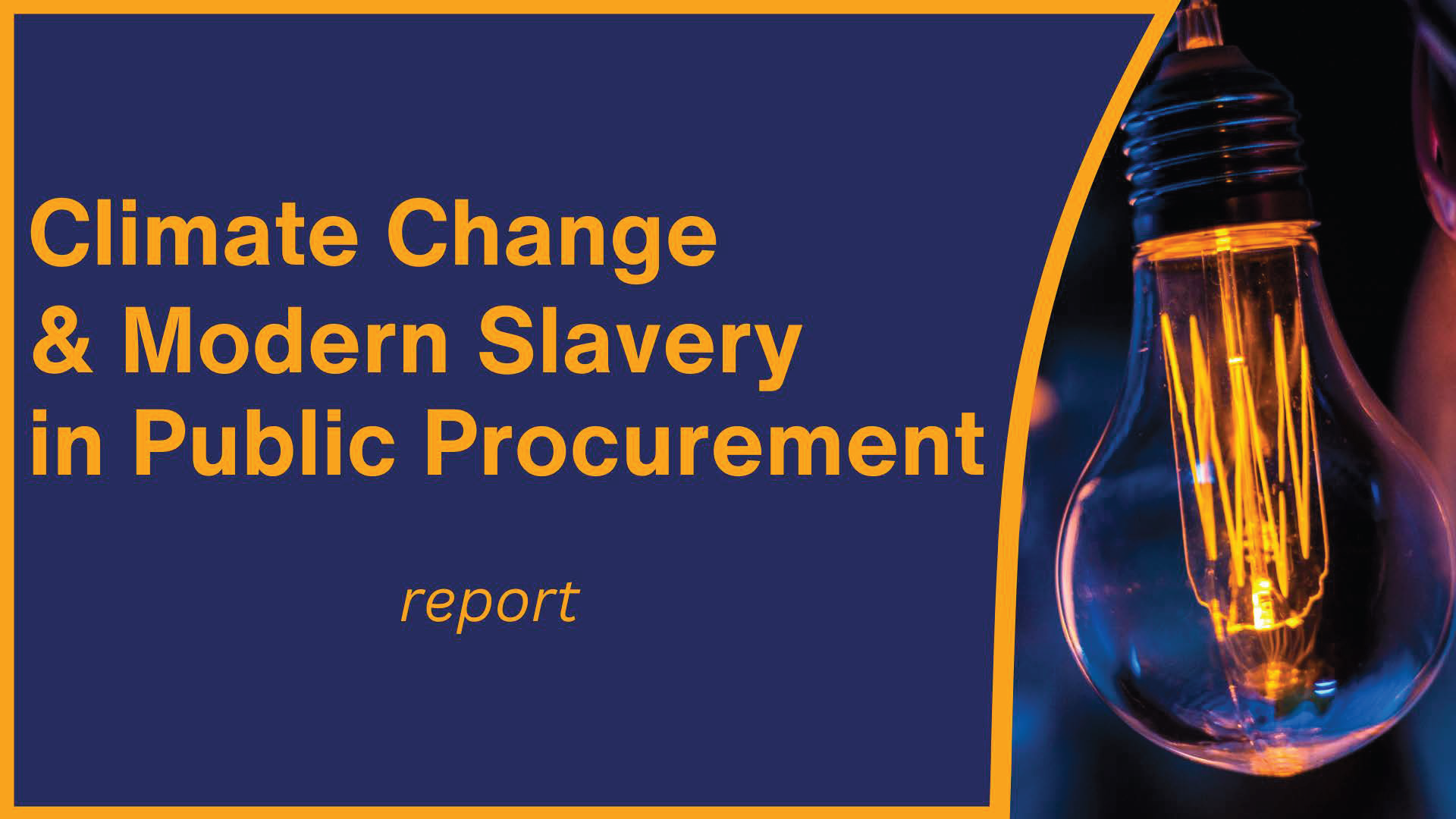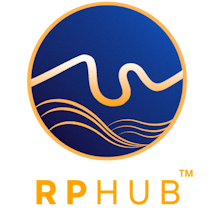The full report on the research project to develop evidence-based recommendations for policymakers, public sector purchasing managers and supply chain managers on the links between climate change and modern slavery has been published. A summary of the research project is also available. The project was funded by the Modern Slavery and Human Rights Policy and Evidence Centre (Modern Slavery PEC).
Findings
The collaboration between University of Sussex, University of Bath and University of the West of England, Bristol, in partnership with London Universities Purchasing Consortium (LUPC) and Unseen UK, found there was a lack of legal mandate and a lack of executive attention by public sector organisations, resulting in a shortage of resources to address the increasing risks consistently.
Public sector organisations are generally relying on data platforms without meaningfully engaging with those platforms to understand what assurance they offer, very little is asked of suppliers around modern slavery risk management, and firms that have poor labour rights records cannot be disqualified from public tendering.
The research recommends that the UK provides public organisations with resources and legal grounding to minimise the risks of modern slavey in public procurement. It also recommends that public buyers take advantage of existing worker rights monitoring mechanisms and purchasing consortia, which can increase the level of assurance against modern slavery risks as well reducing costs.
LUPC responsible procurement activity
Although there is still much work to do, here at LUPC we are already well on the road to carrying out meaningful supplier due diligence with our framework agreement suppliers. In addition to the Responsible Procurement questions that already make up a portion of the weighting for awarding a position on framework agreements, we build feedback on Responsible Procurement into contract management. We do this via the Supplier Due Diligence Tool (SDDT), which is a questionnaire reviewing suppliers' approach across key environmental, social and governance topics – particularly those that have a direct impact on our members.
The questionnaire includes the provision of evidence to support claims. After evaluating responses from suppliers, we develop a comprehensive written report, which includes recommended corrective actions, where necessary, as well as links to useful resources to support suppliers with these actions. Going forward, follow up on corrective actions will be included in contract management, with our Responsible Procurement Lead joining Senior Category Managers in supplier engagement.
LUPC members, and indeed all UKUPC members accessing LUPC frameworks, can be assured that we are actively engaging with suppliers on our framework agreements, to work with them to continuously improve their sustainable approach to business.



